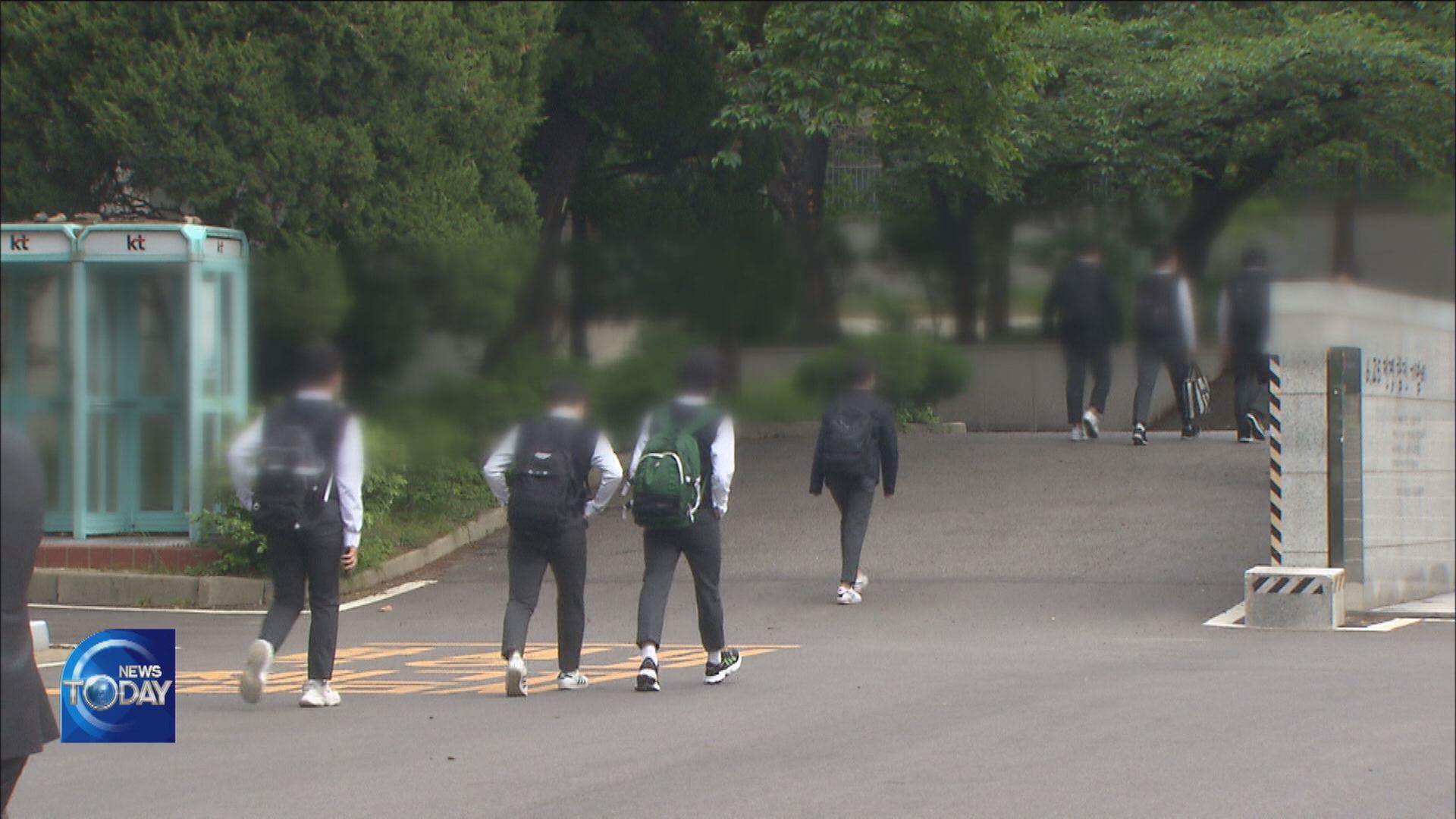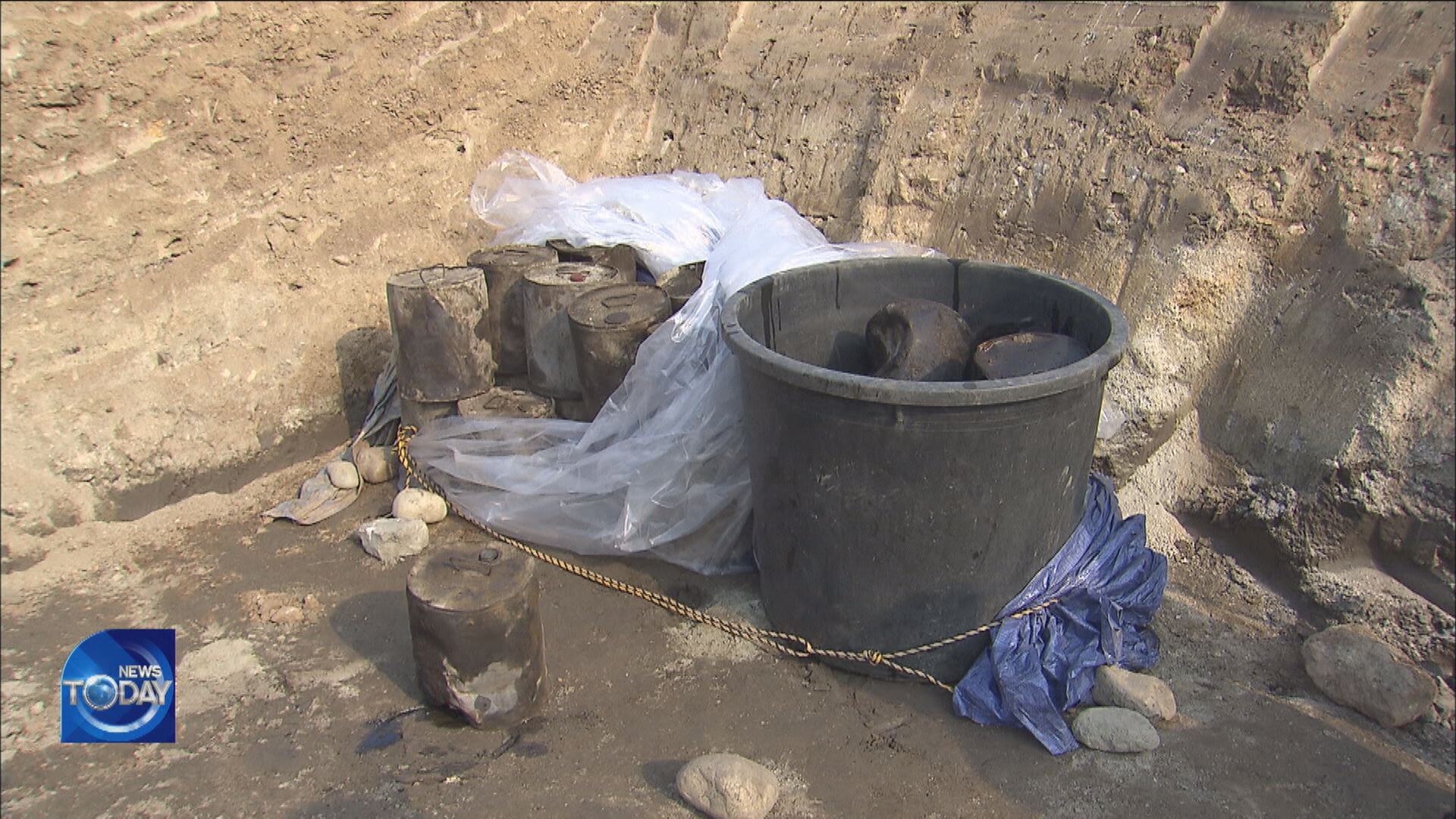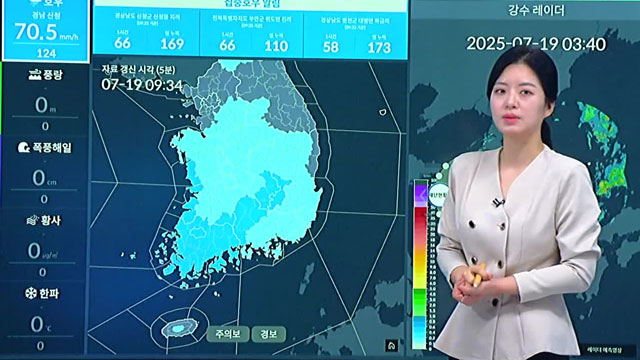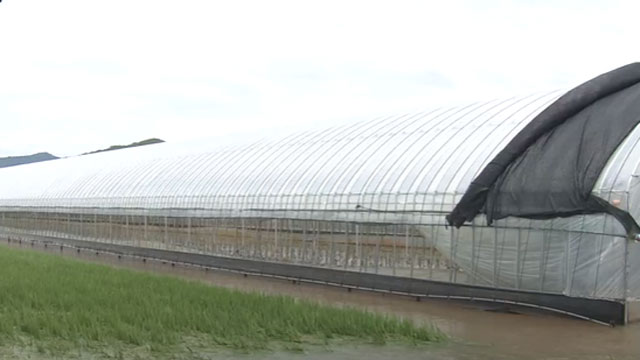INACCURATE DATA ON RURAL MIGRATION
입력 2020.10.28 (15:18)
수정 2020.10.28 (16:45)
읽어주기 기능은 크롬기반의
브라우저에서만 사용하실 수 있습니다.
[Anchor Lead]
For the past ten years or so in Korea, more and more city dwellers have been moving out to rural areas. So-called "exclusive statistics" are compiled on this rural migration, but the data is often found to be inaccurate, leading to ineffective support measures.
[Pkg]
This is a town in Asan, Chungcheongnam-do Province where the Cheonan-Asan Station on the express KTX rail line is located. Within a one kilometer radius, there are two supermarkets, an apartment complex and another residential building. It is a bustling town center, where 90% of buildings over 30 stories high in the entire province are concentrated here and nearby Cheonan city. But, this place is statistically recognized as a rural farming town. This is because newcomers moving here after residing in other cities for over one year are administratively tallied as "people relocating to rural communities."
[Soundbite] JEONG JONG-CHEON(OFFICE WORKER) : "The administrative unit is "eup" so it sounds rural, but once you come here it's not."
However the majority of residents here are far from those living a bucolic life.
[Soundbite] KIM GEUM-HEE(BAEBANG-EUP, ASAN) : "Tranport is convenient so many people travel to Seoul for work."
Calculations for this population came to 12-thousand in Asan alone and some 440-thousand nationwide in 2019. This is why measures drafted to encourage city dwellers relocate to rural areas are ineffective because they're based on inaccurate data. The agriculture ministry and Statistics Korea say there is a discrepancy between the figures and reality because related data is compiled from administrative records such as population movement. They say that town units known as Eup and Myeon are legally classified as countryside areas.
[Soundbite] (STATISTICS KOREA OFFICIAL(VOICE ALTERED)) : "It would be nice if we had a clear definition on rural towns but at present, we lack such reference."
Unrealistic data is being blamed for the continuation of inefficient policy measures.
For the past ten years or so in Korea, more and more city dwellers have been moving out to rural areas. So-called "exclusive statistics" are compiled on this rural migration, but the data is often found to be inaccurate, leading to ineffective support measures.
[Pkg]
This is a town in Asan, Chungcheongnam-do Province where the Cheonan-Asan Station on the express KTX rail line is located. Within a one kilometer radius, there are two supermarkets, an apartment complex and another residential building. It is a bustling town center, where 90% of buildings over 30 stories high in the entire province are concentrated here and nearby Cheonan city. But, this place is statistically recognized as a rural farming town. This is because newcomers moving here after residing in other cities for over one year are administratively tallied as "people relocating to rural communities."
[Soundbite] JEONG JONG-CHEON(OFFICE WORKER) : "The administrative unit is "eup" so it sounds rural, but once you come here it's not."
However the majority of residents here are far from those living a bucolic life.
[Soundbite] KIM GEUM-HEE(BAEBANG-EUP, ASAN) : "Tranport is convenient so many people travel to Seoul for work."
Calculations for this population came to 12-thousand in Asan alone and some 440-thousand nationwide in 2019. This is why measures drafted to encourage city dwellers relocate to rural areas are ineffective because they're based on inaccurate data. The agriculture ministry and Statistics Korea say there is a discrepancy between the figures and reality because related data is compiled from administrative records such as population movement. They say that town units known as Eup and Myeon are legally classified as countryside areas.
[Soundbite] (STATISTICS KOREA OFFICIAL(VOICE ALTERED)) : "It would be nice if we had a clear definition on rural towns but at present, we lack such reference."
Unrealistic data is being blamed for the continuation of inefficient policy measures.
■ 제보하기
▷ 카카오톡 : 'KBS제보' 검색, 채널 추가
▷ 전화 : 02-781-1234, 4444
▷ 이메일 : kbs1234@kbs.co.kr
▷ 유튜브, 네이버, 카카오에서도 KBS뉴스를 구독해주세요!
- INACCURATE DATA ON RURAL MIGRATION
-
- 입력 2020-10-28 15:18:08
- 수정2020-10-28 16:45:25

[Anchor Lead]
For the past ten years or so in Korea, more and more city dwellers have been moving out to rural areas. So-called "exclusive statistics" are compiled on this rural migration, but the data is often found to be inaccurate, leading to ineffective support measures.
[Pkg]
This is a town in Asan, Chungcheongnam-do Province where the Cheonan-Asan Station on the express KTX rail line is located. Within a one kilometer radius, there are two supermarkets, an apartment complex and another residential building. It is a bustling town center, where 90% of buildings over 30 stories high in the entire province are concentrated here and nearby Cheonan city. But, this place is statistically recognized as a rural farming town. This is because newcomers moving here after residing in other cities for over one year are administratively tallied as "people relocating to rural communities."
[Soundbite] JEONG JONG-CHEON(OFFICE WORKER) : "The administrative unit is "eup" so it sounds rural, but once you come here it's not."
However the majority of residents here are far from those living a bucolic life.
[Soundbite] KIM GEUM-HEE(BAEBANG-EUP, ASAN) : "Tranport is convenient so many people travel to Seoul for work."
Calculations for this population came to 12-thousand in Asan alone and some 440-thousand nationwide in 2019. This is why measures drafted to encourage city dwellers relocate to rural areas are ineffective because they're based on inaccurate data. The agriculture ministry and Statistics Korea say there is a discrepancy between the figures and reality because related data is compiled from administrative records such as population movement. They say that town units known as Eup and Myeon are legally classified as countryside areas.
[Soundbite] (STATISTICS KOREA OFFICIAL(VOICE ALTERED)) : "It would be nice if we had a clear definition on rural towns but at present, we lack such reference."
Unrealistic data is being blamed for the continuation of inefficient policy measures.
For the past ten years or so in Korea, more and more city dwellers have been moving out to rural areas. So-called "exclusive statistics" are compiled on this rural migration, but the data is often found to be inaccurate, leading to ineffective support measures.
[Pkg]
This is a town in Asan, Chungcheongnam-do Province where the Cheonan-Asan Station on the express KTX rail line is located. Within a one kilometer radius, there are two supermarkets, an apartment complex and another residential building. It is a bustling town center, where 90% of buildings over 30 stories high in the entire province are concentrated here and nearby Cheonan city. But, this place is statistically recognized as a rural farming town. This is because newcomers moving here after residing in other cities for over one year are administratively tallied as "people relocating to rural communities."
[Soundbite] JEONG JONG-CHEON(OFFICE WORKER) : "The administrative unit is "eup" so it sounds rural, but once you come here it's not."
However the majority of residents here are far from those living a bucolic life.
[Soundbite] KIM GEUM-HEE(BAEBANG-EUP, ASAN) : "Tranport is convenient so many people travel to Seoul for work."
Calculations for this population came to 12-thousand in Asan alone and some 440-thousand nationwide in 2019. This is why measures drafted to encourage city dwellers relocate to rural areas are ineffective because they're based on inaccurate data. The agriculture ministry and Statistics Korea say there is a discrepancy between the figures and reality because related data is compiled from administrative records such as population movement. They say that town units known as Eup and Myeon are legally classified as countryside areas.
[Soundbite] (STATISTICS KOREA OFFICIAL(VOICE ALTERED)) : "It would be nice if we had a clear definition on rural towns but at present, we lack such reference."
Unrealistic data is being blamed for the continuation of inefficient policy measures.
이 기사가 좋으셨다면
-
좋아요
0
-
응원해요
0
-
후속 원해요
0

















이 기사에 대한 의견을 남겨주세요.